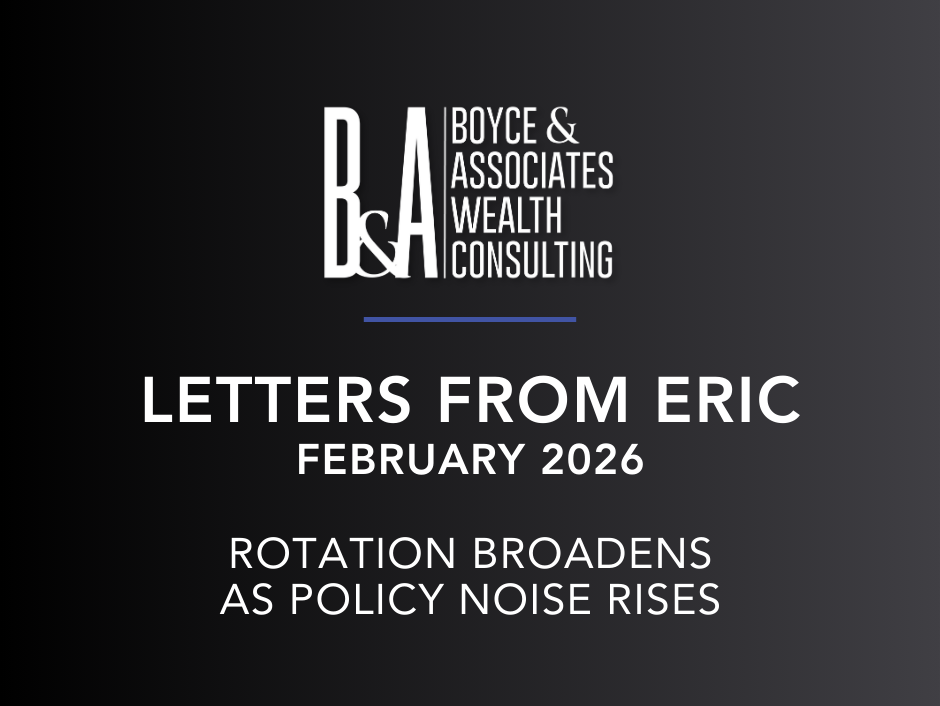How Financial Planning Services Help You Navigate Financial Challenges
Key Takeaways:
- Financial planning services provide comprehensive guidance to help individuals and families manage their finances effectively.
- Expert financial planners can assist with a wide range of financial challenges, from debt management to estate planning.
- Retirement planning is a crucial aspect of financial planning, and a financial advisor can help you develop a personalized strategy to achieve your goals.
- By working with a qualified financial planner, you can gain valuable insights, make informed decisions, and increase your chances of financial success.
Financial planning services can be a lifeline in today's complex financial world of decision making. Whether you're saving for retirement, buying a home, or managing your wealth, a financial advisor can provide the guidance and support you need to achieve your goals.
What is Financial Planning Services?
Financial planning services encompass a wide range of services designed to help individuals and families manage their finances effectively. A financial planner will work with you to assess your current financial situation, set goals, and develop a personalized strategy to achieve them. This may involve creating a budget, investing for the future, managing debt, planning for retirement, and protecting your assets.
Solving Financial Problems with Expert Planning Services
A skilled financial planner can help you overcome a variety of financial challenges, including:
- Debt management: A financial planner can help you create a debt repayment plan, negotiate with creditors, and develop strategies to reduce your debt burden.
- Investment planning: A financial advisor can help you build a diversified investment portfolio that aligns with your risk tolerance and financial goals.
- Retirement planning: A financial planner can help you estimate your retirement needs, choose appropriate retirement savings vehicles, and develop a withdrawal strategy.
- Estate planning: A financial planner can help you create a comprehensive estate plan that protects your assets and ensures your wishes are carried out.
- Tax planning: A financial planner can help you minimize your tax liability through strategic tax planning.
Steps to Achieve Retirement Goals with Financial Services
Retirement planning is a crucial aspect of financial planning. Here are some steps to help you achieve your retirement goals with the help of financial services:
- Define your retirement goals: Determine how much you need to save for retirement, when you plan to retire, and the lifestyle you envision.
- Assess your current financial situation: Evaluate your current income, expenses, and savings.
- Create a retirement savings plan: Develop a plan for saving and investing for retirement. This may involve contributing to employer-sponsored retirement plans, such as 401(k)s or 403(b)s, and opening individual retirement accounts (IRAs).
- Choose appropriate investments: Select investments that align with your risk tolerance and time horizon. Your financial advisor can help you choose the right mix of stocks, bonds, and other assets.
- Review and adjust your plan regularly: As your financial situation and goals change, it's important to review and adjust your retirement plan accordingly.
By working with a qualified financial planner, you can gain valuable insights, make informed decisions, and increase your chances of achieving financial success.
Boyce & Associates Wealth Consulting is a trusted financial advisory firm dedicated to helping individuals and families achieve their financial goals. With a team of experienced professionals, we offer comprehensive financial planning services tailored to your unique needs. Whether you're saving for retirement, planning for your children's education, or managing your wealth, Boyce & Associates Wealth Consulting can provide the guidance and support you need to navigate complex financial landscapes. By leveraging their expertise in investment strategies, tax planning, estate planning, and risk management, they can help you make informed decisions and build a solid financial foundation for the future. To learn more or to contact us, visit our website.
FAQs:
- What is the cost of financial planning services? The cost of financial planning services can vary depending on the complexity of your financial situation and the services you require. Some planners charge a flat fee, while others charge an hourly rate or a percentage of your assets under management. It's important to discuss fees upfront with your potential advisor.
- How often should I meet with a financial planner? The frequency of your meetings with a financial planner will depend on your specific needs and goals. Some clients meet with their advisor annually, while others may meet more frequently, such as quarterly or even monthly. Your advisor can help you determine the best meeting schedule for your situation.
- How do I choose a financial planner? When choosing a financial planner, it's important to consider factors such as their qualifications, experience, fees, and investment philosophy. You may also want to ask for referrals from friends, family, or colleagues. It's also crucial to ensure that your advisor is a fiduciary, meaning they are legally obligated to act in your best interests.










